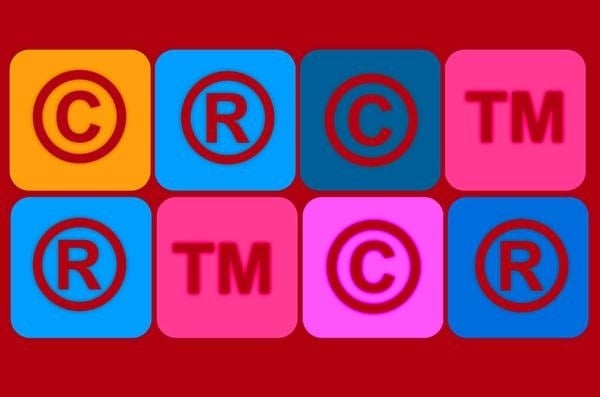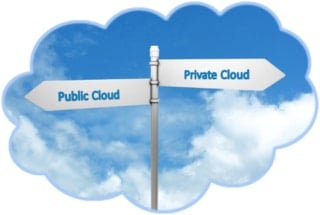
Benefits of Conducting a Comprehensive Trademark Search
December 10, 2013
The Damage Done: How the World has changed since Snowden
December 10, 2013Public cloud or private cloud? The terminology can be confusing — we explain the differences so you can make an informed decision.
 The cloud has always been a nebulous concept. It’s something of a chimera: half marketing terminology, half technical description. If businesses are going to make an informed decision about their infrastructure deployment, they need to clearly understand what the cloud is, and the specific types of infrastructure deployment that are described as “cloud.”
The cloud has always been a nebulous concept. It’s something of a chimera: half marketing terminology, half technical description. If businesses are going to make an informed decision about their infrastructure deployment, they need to clearly understand what the cloud is, and the specific types of infrastructure deployment that are described as “cloud.”
To that end, we’re going to take a look at the cloud and what is meant by the two most common varieties: the private cloud and the public cloud. There’s an awful lot of confusion surrounding these two terms, although, of all the cloud terminology these are really the two most clearly defined concepts.
What Is The Cloud?
At the most basic level, the cloud is a platform for delivering services build upon technology that allows us to abstract from the underlying physical hardware. That includes SaaS (Software as a Service) – which usually provides applications like email or a content management system over the web, PaaS (Platform as a Service) – which provides the platform, libraries, and tools for developing applications, and IaaS (Infrastructure as a Service) – which provides virtualized infrastructure and networks.
Most of these cloud service models are based on virtualization technology that allows cloud providers to sell services to customers without them having to be concerned about the underlying physical infrastructure. Virtualization technology provides a whole host of benefits, including better hardware utilization, faster and more flexible deployments, and — for the public cloud — payment models based on demand rather than long-term contracts.
What Is the Private Cloud?
Once a company acknowledges the value of virtualization technology, they are faced with a choice. Do they deploy their own physical hardware and build a cloud for their private use on top of that hardware, or do they buy virtualized compute and storage resources from a third-party?
If they decide to invest in their own hardware, either in a data center owned by the business or collocated in a data center owned by another business, and they are the only business that uses the hardware, then they are utilizing a private cloud.
On the other hand, if they buy compute, storage, and networking resources from a third-party cloud provider like CirrusHosting, AWS, or Rackspace, then they are making use of the public cloud. The physical hardware underlying public clouds is used by many different organizations, in contrast to the private cloud, where it is used and controlled by one organization. Many hosting companies provide both private and public cloud services, and some offer hybrid clouds, which are a combination of the two. Using a private cloud from a third party provider is somewhat similar to traditional dedicated server or server cluster hosting, whether collocated or leased. The physical hardware is used by only one organization, but the private cloud provider helps manage that hardware and provides expertise that helps businesses build a private cloud.
The media is full of speculation about the death of one form of cloud and the ascendancy of another, but, in reality, both public and private cloud deployments serve specific and divergent goals. What’s important is that businesses appraise themselves of the relative merits of each model and choose the one that best fits their needs.
About the author – Victor Brown is an inbound marketer and technical writer for Cirrus Hosting, the leading Canadian hosting company. Follow Victor and Cirrus on Twitter @CirrusTechLtd, Like them on Facebook, and you can check out their hosting blog http://www.cirrushosting.com/category/blog.
